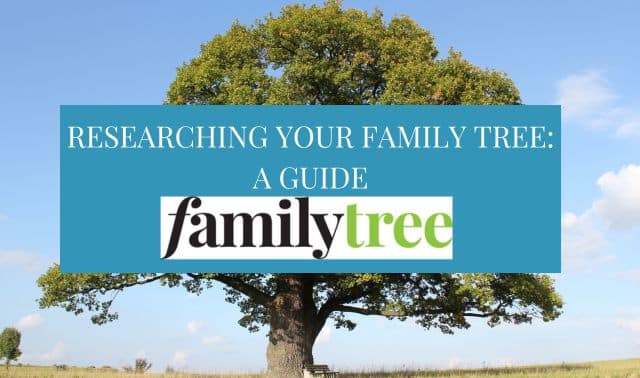Sign up for the Family Tree Newsletter! Plus, you’ll receive our 10 Essential Genealogy Research Forms PDF as a special thank you.
Get Your Free Genealogy Forms
"*" indicates required fields
Social history can bring your ancestors’ times to life and help solve your genealogy riddles. Here’s how to get started putting your past in context. Dozens of books can help you discover the social history of your ancestors’ times and put meat on the bones of your past. See the box on the opposite page for some starting points. For example, Mintz and Kellogg’s Domestic Revolutions is a description and analysis of family life throughout American history. Try reading about your or your parents’ decades in it and you’ll begin to see how much of the general context fits individual lives. The same will be true as you push backward in time. Whenever you set out to do historical research, formulate your question to cast a broader net. For example, say your ancestors were Norwegian farmers in a Wisconsin village. Rather than looking for the proverbial “book on my family,” search for books on that village, on farming in that region and on Norwegian immigrants. As you explore the bookshelves, keep these tips in mind: Take thorough notes or make photocopies of what you find. Keep track of complete source citations. Keep an open mind about what life was like back then—never assume that you already know. Don’t dismiss something interesting as too minor or frivolous for historical study. If you wonder about it, some historian probably did, too—and wrote a book or article about it. Expect complexity. People rarely acted on one singular motive, and there’s more than one side to every story. Always try to see your ancestors as members of groups and examples of larger-scale social behavior. Watch for patterns. Think like a sociologist as well as a historian. Sometimes you need to be “clinical” as well as objective to handle closet skeletons and past controversies.




